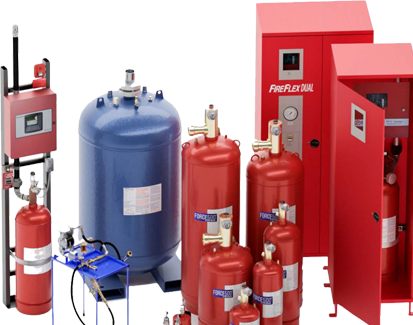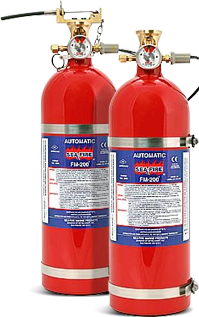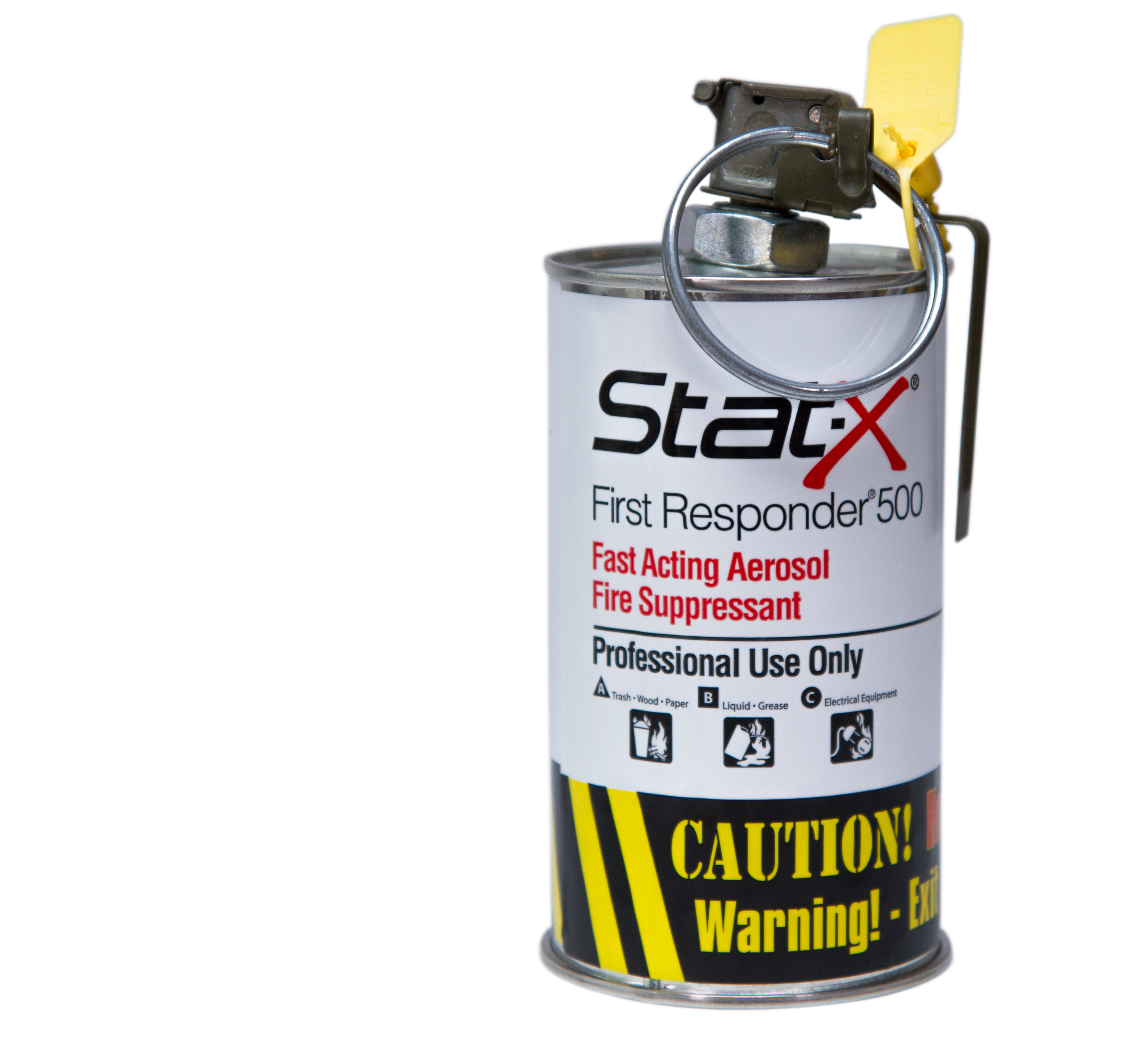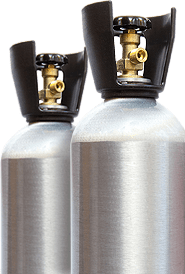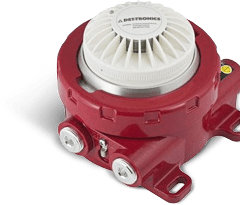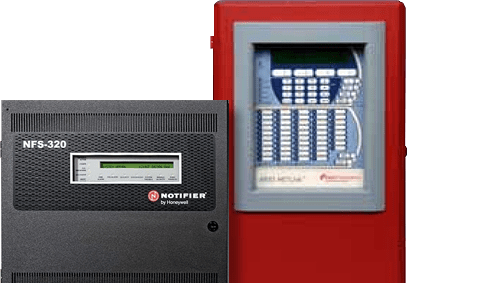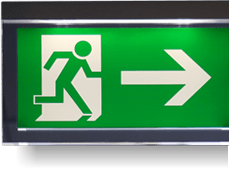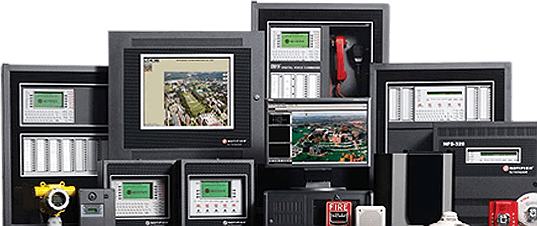The Importance of Fire Alarm Inspections and Maintenance
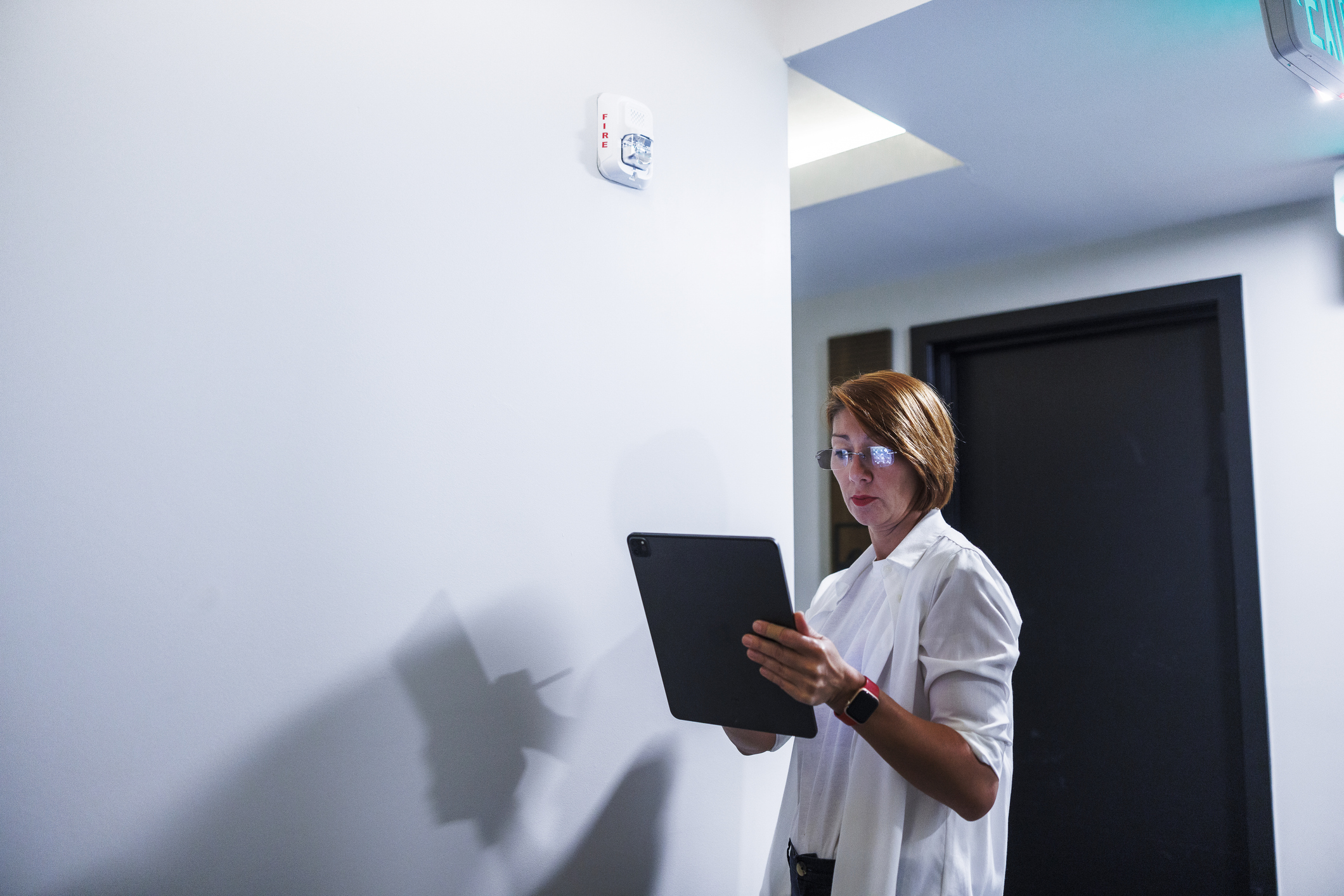
Fire alarms and fire suppression systems are integral parts of any structure's life safety planning. However, the best and most expensive fire alarm and suppression system is worthless if it doesn't operate effectively when needed. Inspection and maintenance policies and procedures are critical to keep this important system operating consistently and effectively in your business.
Why are Fire Alarm Inspections Important?
Any mechanical or electronic system is only as good as the inspection, maintenance, and repair that keeps it in operation. An alarm system that fails to operate when needed is worse than no fire alarm system at all. Properly designed, installed, and maintained fire alarm systems can easily detect an incipient fire before it is recognizable to the occupants. The allows more time and a safer environment for the occupants of the structure to flee to safety.
Explore further
Early Detection Saves Lives and Property
Earlier detection of a fire also allows a quicker response by emergency personnel to the scene. The earlier fire suppression efforts are begun, the less damage that is done by the fire and through suppression efforts. This minimizes costs to the business by reducing property damage, lessening time lost, and making recovery efforts easier and faster.
Proper inspection and maintenance of fire alarm systems can also reduce the number of false alarms the system produces. False alarms are incredibly expensive, not only for the business and its owners, but also for the first responders answering the alarm.
Preventing False Alarms
False alarms can occur in a fire alarm system for a variety of reasons. Lack of maintenance can lead to detectors malfunctioning because of a buildup of dust and debris. Sensors can also fail due to age or environmental causes. Proper inspection procedures and maintenance policies can forestall many of these problems.
Battery operated sensing equipment should be on a regular schedule of battery replacement according to the manufacturer's requirements. Testing of fire alarm systems regularly helps locate and isolate problems existing in the system.
False alarms are more expensive than most people realize. Not only do false alarms disrupt the normal flow of business, but they can also have long lasting consequences for employee morale and productivity. A history of false alarms in your system may result in local emergency responding agencies red flagging your system forcing expensive repairs or upgrades.
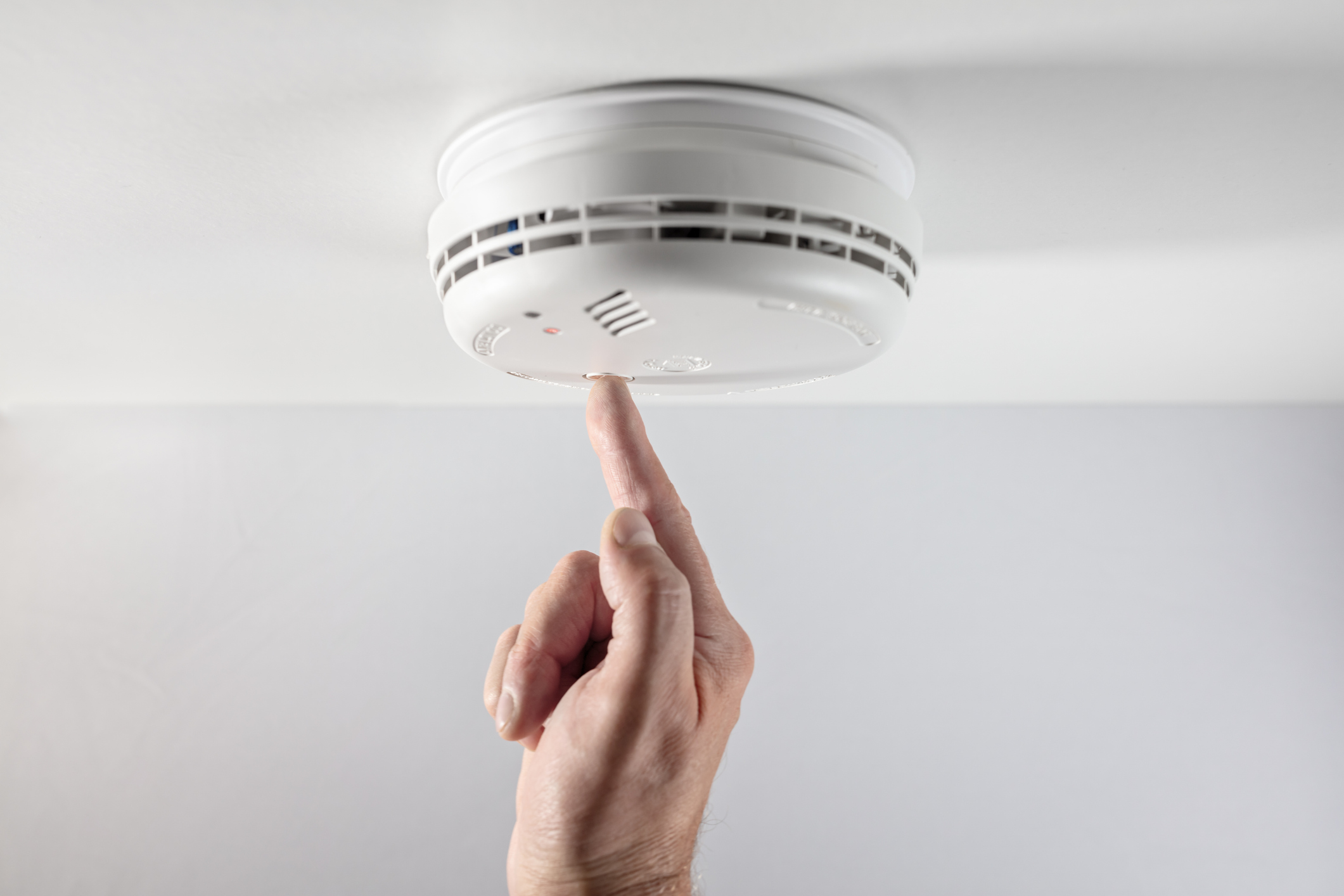
Benefits of Regular Fire Alarm Maintenance
Most business owners would agree that failing to properly maintain a valuable piece of equipment is poor management policy. However, many of those same managers routinely neglect the maintenance and upkeep of the fire alarm systems. This can be as big a problem as neglecting a tool that is critical to your business success.
People also search
Ensuring System Reliability
Very few managers would argue that routine and periodic maintenance of critical equipment is a good policy. The same holds true for the fire protection systems that protect your equipment, structures, and employees. A well-planned inspection and maintenance program ensures that these critical safety systems operate reliably and effectively when needed.
Proper inspection and maintenance can detect problems before they occur, allowing you to be proactive in maintaining a safe and effective fire alarm system. Remember that your employees and visitors assume that your fire alarm system is active and protects them while onsite. An installed system that doesn't operate properly can be more dangerous than no system.
Meeting Safety Regulations and Codes
Most jurisdictions require that installed fire alarm and fire suppression systems be inspected and certified on a regular basis. In most instances, a fire alarm system that is properly inspected and maintained on a routine basis has little problem passing the mandated inspection and certification process.
Failure to perform required maintenance, inspection and testing can lead to decertification of your system. There can be dire consequences for this action. You may find that your insurance protection is lessened or canceled completely. In some cases, fines can be levied by the local jurisdiction for these types of failures. At the most extreme, your business may not be allowed to operate since employees may not be allowed to occupy the premises.
Installing a fire alarm system is not the end of the solution. It is, in fact, just the beginning. A properly installed and maintained fire alarm system can lower operating costs in the form of lower insurance premiums. Such a system may also be instrumental in saving lives and property that would otherwise be in jeopardy.
Control Fire Systems can help you ensure that your business and employees are properly protected by designing and installing a fire alarm system for your business. Developing plans and procedures to ensure that the fire alarm system is inspected, maintained and operating is another service available from Control Fire Systems. Call Control Fire Systems today to begin the process of installing, upgrading, or maintaining your fire alarm system.





